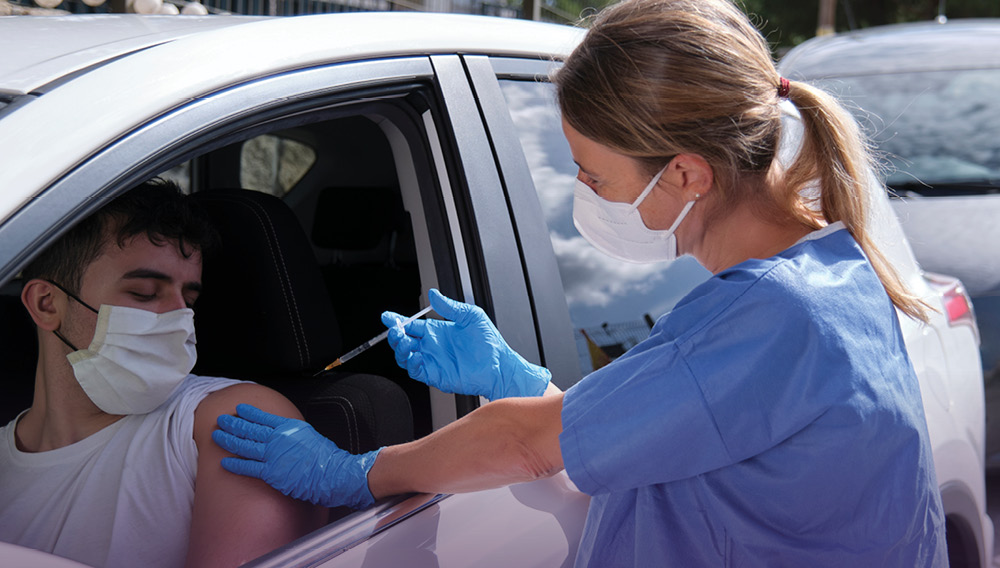Disaster Response Nursing

Nurses have a demanding and stressful job. They dedicate their work to helping others recover from illnesses and improve their health. Sometimes, nurses work in extreme situations. Disaster response nursing is a unique field where nurses provide medical care support before, during, and after critical emergencies.
Before crises, nurses help create disaster plans, make sure resources are available, conduct training, and more. They provide emergency care, manage casualties, prevent disease outbreaks, and offer support during crises. After disasters, nurses help with community recovery and restoration. This role requires nurses to have resilience, adaptability, and strong leadership skills. Let’s explore this role more to see whether you could be right for this exhilarating and rewarding nursing career.
Nurses’ Role in Crisis Management
Disasters can be natural or human-made and can include chemical, biological, radiological, nuclear, or explosive incidents. Nurses play key roles in crisis management and are skilled in handling disaster responses by following specific steps and rules. For instance, they critically assess a situation to determine the impacts on the public and what kinds of health care response there should be; they need to communicate with colleagues and affected individuals to ensure an appropriate course of action; they should be able to demonstrate leadership and teamwork in stressful situations; and they should be able to manage stress while also providing support to others effectively.
Nurses carry out specific steps and protocols before, during, and after emergencies. Let’s break these down further.
Before Emergencies
Before a disaster, nurses work with other health care team members, emergency responders, and community leaders to provide accurate information, promote emergency preparedness, and ease panic. They compile and assess medical supplies, monitor staffing, and consider the needs of vulnerable populations so that the appropriate resources can be deployed during a disaster. Additionally, nurses participate in first-responder training, such as drills and simulations, to practice emergency plans and procedures. These steps proactively ensure that emergency responders and nurses are ready to respond to a disaster and that any risks and problems can be minimized.
During Emergencies
When a disaster strikes, emergency nurses remain calm and prepared to provide care where needed most. Nurses offer first aid, assess and help injured patients, and deliver medications. They also offer disaster triage to prioritize patient care. They work closely with doctors, emergency medical technicians, and disaster relief teams throughout a crisis to ensure that victims receive adequate treatment and resources.
After Emergencies
A nurse’s job isn’t done when a disaster ends. Nurses have essential roles to play after crises, as well. Disaster response nurses help patients with long-term medical conditions or illnesses that may arise after the disaster, provide mental and physical health support services, offer counseling, or deliver primary health care like screenings and chronic disease management. They may also educate the community on best health practices to prevent further infections. Additionally, nurses may help first responders with rehabilitation efforts and help support recovery efforts in the community.
Start Your Nursing Career with Excelsior
Like other nurses, a disaster response nurse is a registered nurse. You need to earn an appropriate degree in nursing and pass the NCLEX-RN exam to become an RN and move into the fast-paced and rewarding specialty of disaster response nursing.
In Excelsior’s Associate in Applied Science in Nursing program, you can expand on your knowledge as an LVN, LPN, or paramedic and work toward your RN license. The RN to Bachelor of Science in Nursing program is an excellent opportunity to develop your nursing skills further and become an effective leader—an essential trait you’ll need to have if you want to be a disaster response nurse. With the appropriate education and certification, you can be well on your way to a rewarding and exciting career in disaster nursing.



